The Solid Waste Program includes collection services for trash, recycling, green waste and other organic waste for both residential and commercial customers, as well as street sweeping services.
The City contracts with E.J. Harrison and Sons, Inc. under a franchise agreement. This program also provides for the collection of antifreeze, batteries, oil, and paint (ABOP); and the annual household hazardous waste and household goods including electronic waste (E-Waste).
The Solid Waste Program is funded by Assembly Bill (AB) 939 fees which are collected by E. J. Harrison and Sons, Inc. and remitted to the City as part of the contract. The cost of the program is also offset with the Oil Payment Program Funds from the California Department of Resource, Recovery and Recycling (CalRecycle).
Street Sweeping
The City is now providing in-house street sweeping services. Commercial districts are serviced every Tuesday, and residential neighborhoods are swept on the first and third Wednesday every month. For the complete schedule, please view our street sweeping maps.
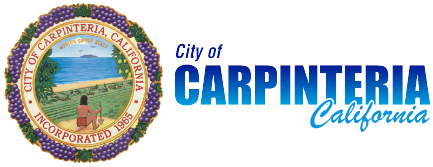
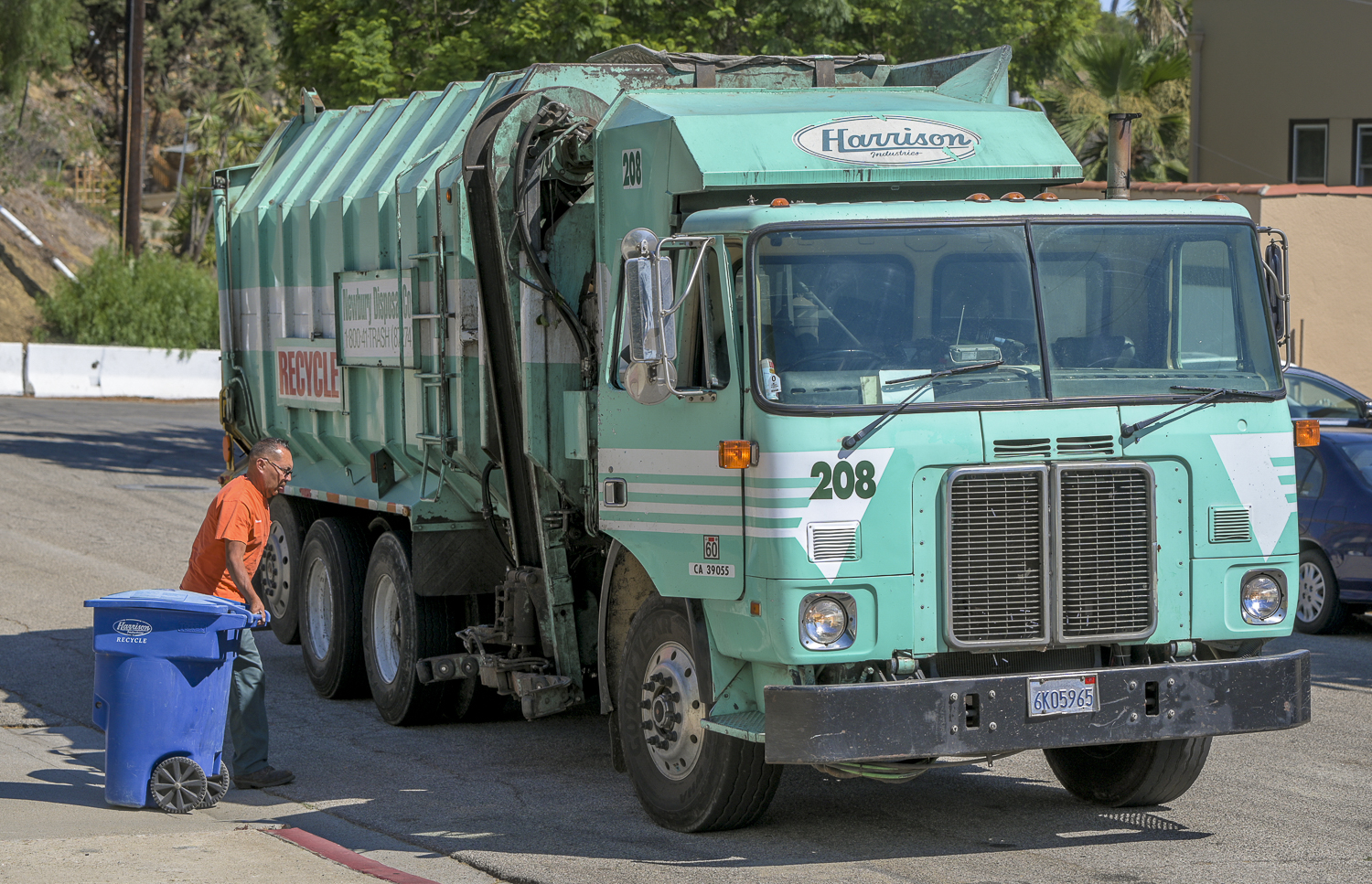
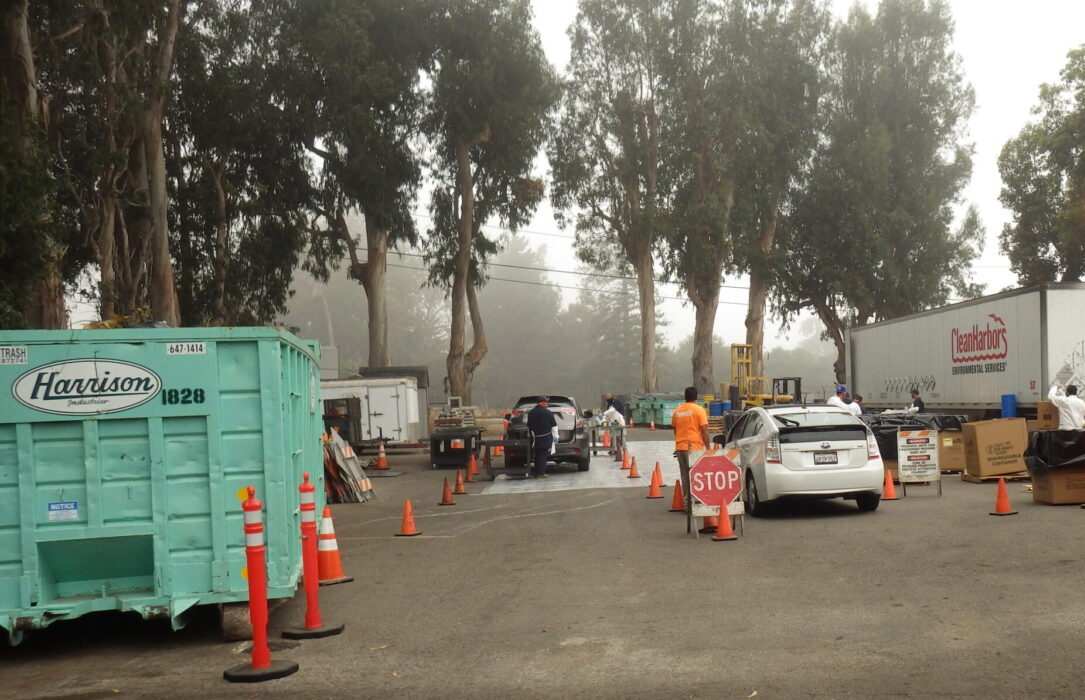
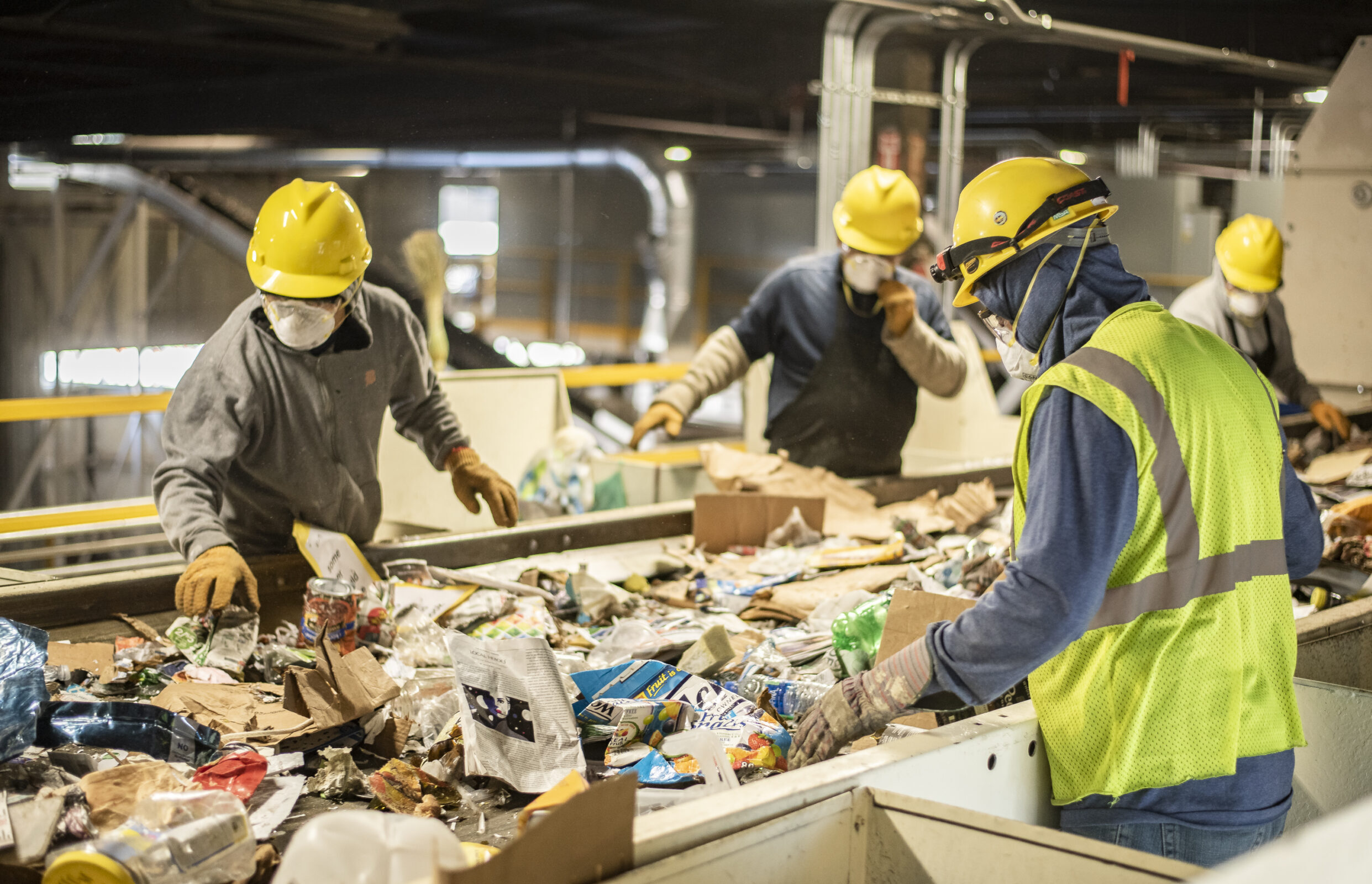
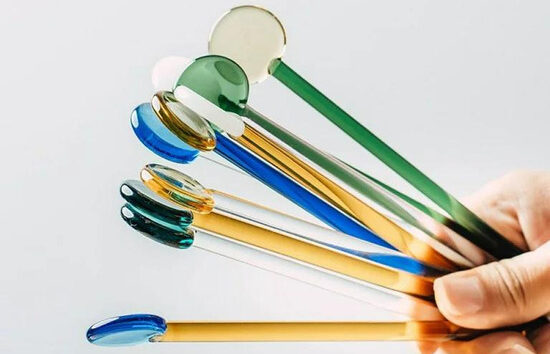
 © 2024 City of Carpinteria. All Rights Reserved.
© 2024 City of Carpinteria. All Rights Reserved.